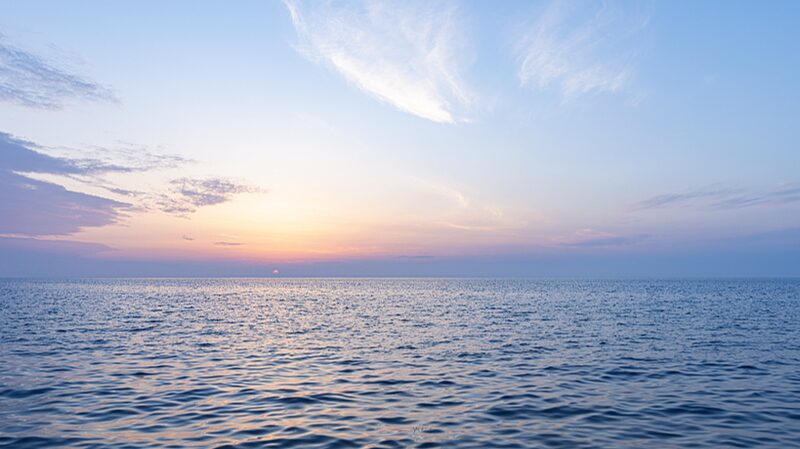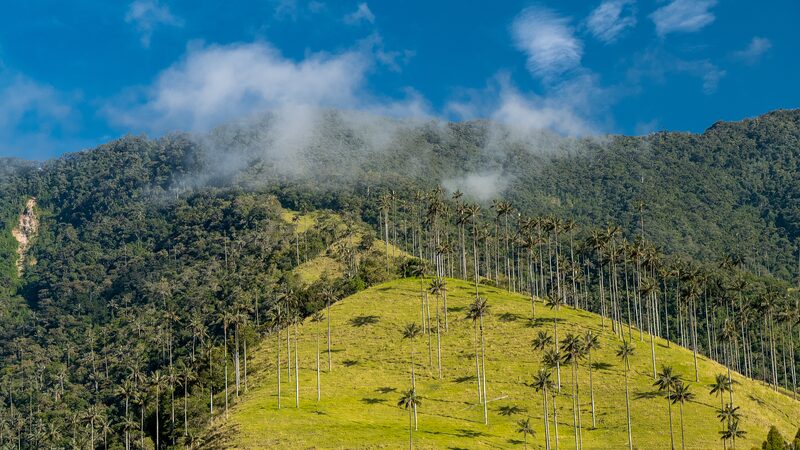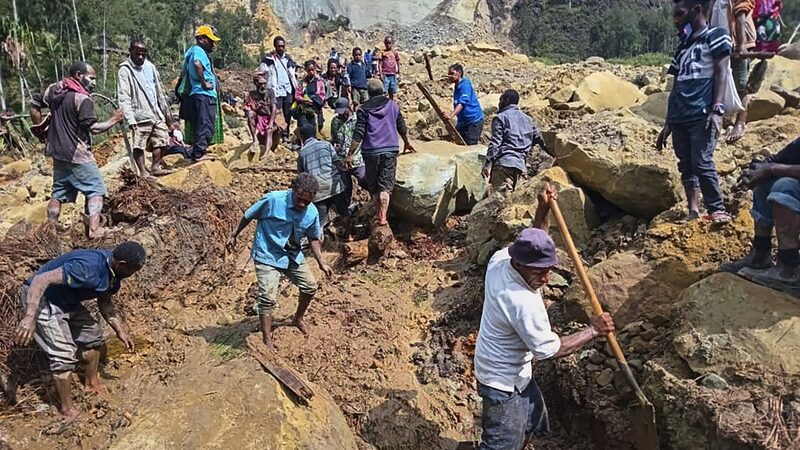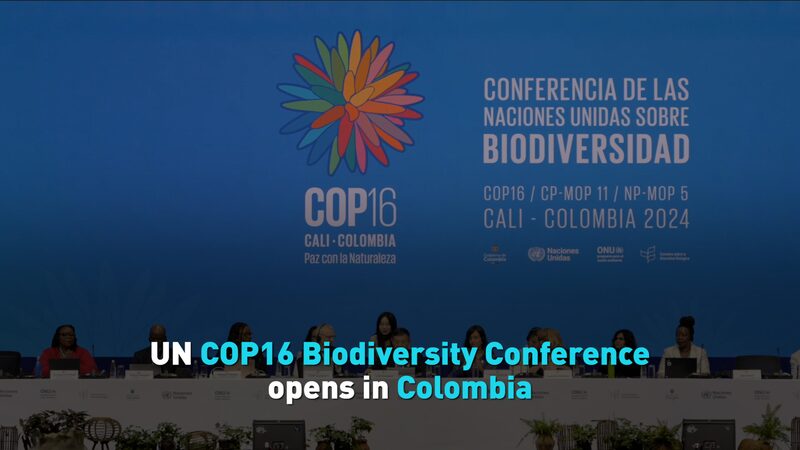The Coral Triangle, often called the \"Amazon of the seas\" for its incredible biodiversity, is facing a major threat from fossil fuel exploration. A recent report released ahead of the UN's COP16 biodiversity summit in Colombia highlights the dangers posed by expanding oil, gas, and liquefied natural gas (LNG) activities in the Indo-Pacific region.
Spanning over 10 million square kilometers, the Coral Triangle touches the waters of Indonesia, Malaysia, Papua New Guinea, Singapore, the Philippines, Timor-Leste, and the Solomon Islands. It boasts three-quarters of the world's known coral species and serves as a crucial habitat for six of the seven marine turtle species. 🐢🐋
More than 120 million people depend on the Coral Triangle for their livelihoods, relying on its rich marine life for subsistence. However, the report warns that oil and gas concessions are encroaching on tens of thousands of square kilometers of marine protected areas. With over 100 offshore oil and gas blocks already in the region and another 450 under exploration, the impact could be devastating.
\"If all blocks were to go into production, about 16 percent of the Coral Triangle would be directly impacted by fossil fuel development,\" the report states. Increased tanker traffic and the heightened risk of oil spills add to the growing concerns. Since July 2020, satellites have detected 793 oil slicks in the area, many caused by transiting vessels and some by oil infrastructure. 💔
The cumulative effect of these oil spills covers an area larger than the land of the Solomon Islands, posing severe risks to marine ecosystems and the communities that thrive on them.
Experts are calling for a moratorium on oil, gas, mining, and other industrial activities in the most environmentally sensitive areas of the Coral Triangle. They also emphasize the need to move away from LNG as a transition fuel, advocating for the adoption of cleaner energy sources to protect this vital marine region.
The report aligns with the Kunming-Montreal Global Biodiversity Framework's goals to halt and reverse biodiversity loss by 2030, which includes conserving and managing 30 percent of marine and coastal areas.
Reference(s):
cgtn.com






